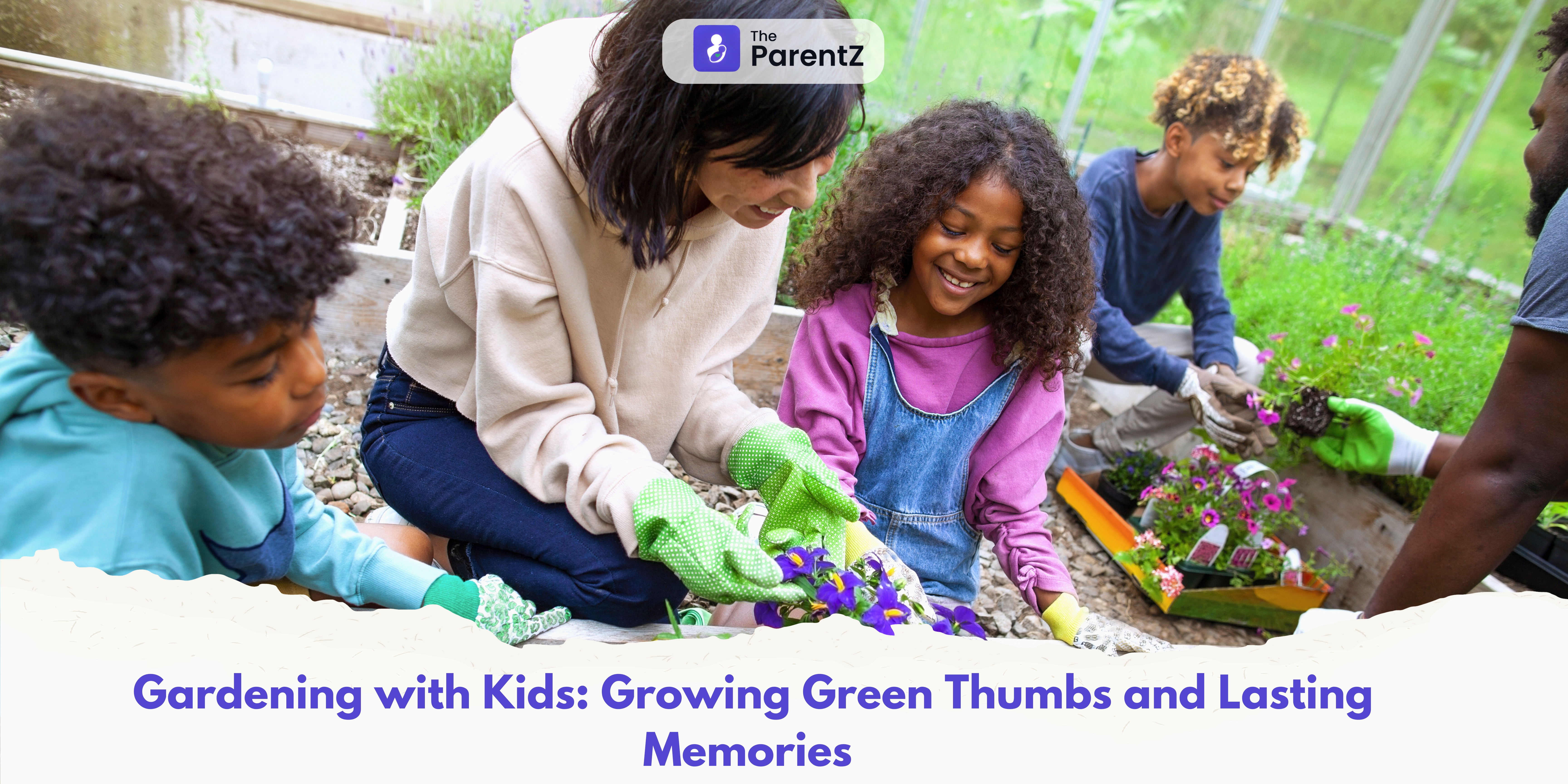Gardening with kids can be a rewarding experience that combines fun, education, and quality family time. By engaging children in gardening activities, parents can instill valuable life lessons, foster an appreciation for nature, and help their kids develop a sense of responsibility and patience. This article explores the benefits, challenges, and practical tips for gardening with children, answering key questions parents might have.
Why Should I Garden with My Kids?
- Education: Gardening offers hands-on learning experiences. Kids can explore biology, chemistry, and environmental science while observing how plants grow.
- Healthy Eating: Growing fruits and vegetables encourages children to eat more healthily. When kids are involved in the process, they are more likely to try the food they grow.
- Physical Activity: Digging, planting, and watering are physical activities that can keep kids active and engaged, improving their motor skills.
- Mental Health: Spending time outdoors reduces stress and anxiety, and gardening provides a calming activity that fosters mindfulness.
- Family Bonding: Gardening offers quality time together, creating memories and a sense of shared achievement.
How Can I Get My Kids Interested in Gardening?
- Start Small: Begin with simple, fast-growing plants like sunflowers, beans, or radishes. These plants grow quickly and keep kids excited.
- Give Them Ownership: Let your child choose what to plant. Giving them a sense of ownership will increase their investment in the garden’s success.
- Make it Fun: Add creative elements like colorful pots, garden decorations, or even a fairy garden. Kids love the opportunity to express their creativity.
- Incorporate Play: Gardening can become part of a larger game. Consider creating scavenger hunts or bug-spotting challenges to keep kids engaged.
What Are the Best Plants for Kids?
- Sunflowers: Easy to grow and tall, they’re impressive for kids to watch.
- Strawberries: They’re sweet and produce visible results fairly quickly.
- Cherry Tomatoes: Fun to pick and delicious to eat right off the vine.
- Pumpkins: Larger plants like pumpkins can excite kids about Halloween early on.
- Herbs: Mint and basil grow easily and are fun to smell and touch, adding a sensory element to the garden.
Are There Any Challenges?
- Patience: Gardening requires waiting, and younger children may lose interest if results are slow. You can counteract this by growing a mix of fast- and slow-growing plants.
- Safety Concerns: Make sure you provide child-friendly tools and supervise them around potentially dangerous items like fertilizers, pesticides, and sharp objects.
- Attention Span: Kids’ interest can wane quickly. Balance fun and responsibility by setting small, manageable tasks, like watering or picking ripe fruit.
Tips for Gardening Success with Kids
- Create a Kid-Friendly Space: Dedicate a small patch of the garden specifically for them.
- Teach Responsibility: Assign tasks and explain the importance of regular care.
- Celebrate Milestones: Make a big deal out of the first sprouts, blooms, and harvest.
- Incorporate Learning: Use the garden to teach about plant life cycles, insects, weather, and the environment.
Conclusion
Gardening with kids is an opportunity to nurture their minds, bodies, and love of nature. By making it fun and accessible, you create lasting memories and instill lifelong skills. Whether you have a big backyard or a small balcony, there’s always room to grow something beautiful with your children.





Be the first one to comment on this story.